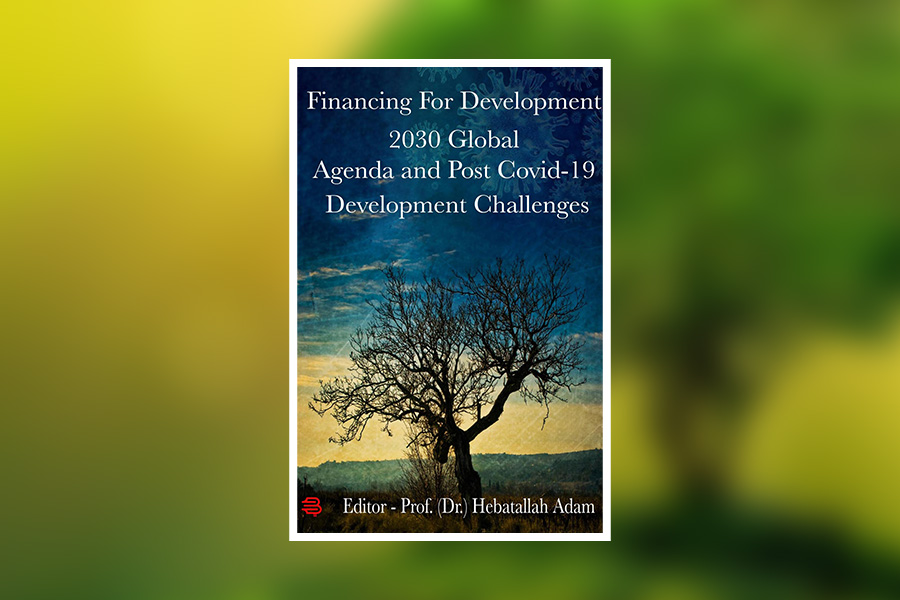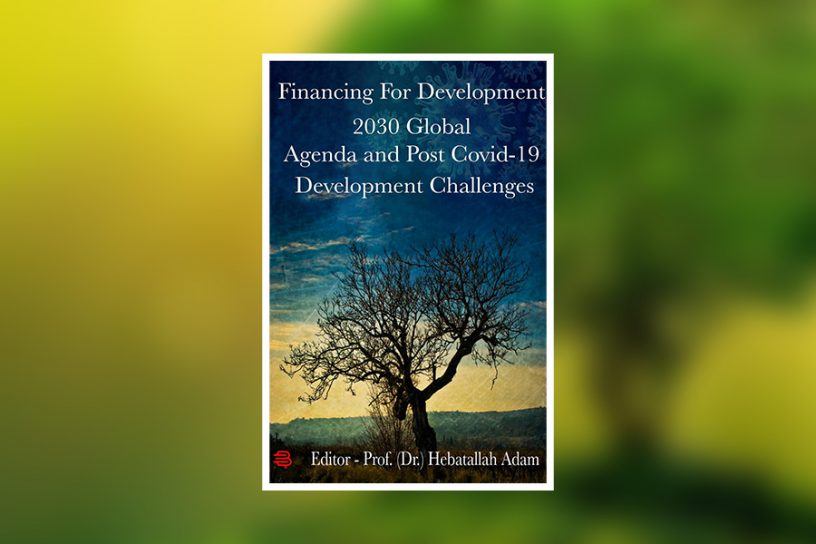
The post pandemic development finance needs to tap into multiple sources of financing that might include the public domestic resources, private sector license, ODA from other governments and philanthropies, remittances and South-South flows, says the author.
Authors
Hebatallah Adam, Professor & Assistant Dean, Jindal School of International Affairs, O.P. Jindal Global University, Sonipat, Haryana, India.
Summary
The COVID-19 Pandemic has uncovered major weaknesses in our global system. It has shown beyond doubt how the prevalence of poverty, weak health systems, lack of education, and above all sub-optimal global cooperation is aggravating the crisis.
Besides its immediate impact on health, the socio-economic consequences of the pandemic are likely to be felt by economic actors all over the world, and the populations of developing countries and economies in transition are expected to be among those most vulnerable to suffer from COVID-19 related challenges.
The economic impact of COVID-19 pandemic has also left its mark on Sustainable Development financing. Financing Sustainable Development is critical for the future of the countries of the Global South. These countries are dependent on a single source of financing i.e. the ODAs from the developed Global North.
It is estimated that the financing gap between the pre and post pandemic times could increase by a whopping 70 percent, owing to the fall in ODAs as a result of poor growth outlook in the developed countries.
‘The retreat from globalization and the devastating impact of the pandemic on global economic growth needs to be dealt with an alternative strategy for financing Sustainable Development.
The post pandemic development finance needs to tap into multiple sources of financing that might include the public domestic resources, private sector license, ODA from other governments and philanthropies, remittances and South-South flows.
This book is an outcome of the first of its kind e-conference in the middle of the Covid-19 pandemic, tackling the questions of economic growth recovery in the Global South and financing sustainable development among the poor and vulnerable communities of the Global South.
Published by: Booksclinic Publishing
To read the full article, please click here.


